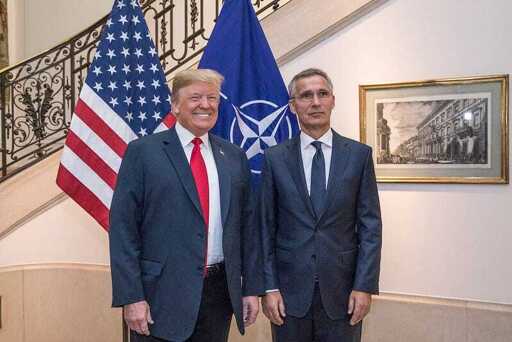I found this on Reddit and I read the whole thing, I thought it was interesting.
The author argues in favour of greater European independence on defence (and less dependence on the US). The article is a year old but I think it’s still relevant.
The author is apparently a journalist with France 24, a French state-owned media company, so you could say that makes him biased in favour of the French position. But I think he still makes valid points.



Maybe it should be a federation… although that obviously won’t be realistic for years to come. And France and Germany alone are a way off from a majority if you have a representative parliament… France and Germany together is about 150 million people, but there are around 450 million people in the EU.
I don’t think most EU countries want to be a federation at this point. Close ties, yes, but not loss of sovereignty.
For a simple majority, they can’t enact things on their own. However they can hold up a qualified majority with just a few smaller states due to their size. The EU is about broad consensus which is why it moves slowly for anything regarding sovereignty, which includes immigration and defence.
Yeah fair enough. I wonder what will happen in the future. Maybe a federation will never happen, who knows.
I think that most western countries are converging on economic, taxation and liberal values that align. As developing countries catch up, to meet entry criteria, I expect it will expand east and south, potentially with some trading partners joining or aligning more closely. As the block gets bigger, it becomes more important to trade with, so it may hit a point where everyone wants in, but has to follow their rules. Or it stagnates and never gets there and dissolves over time, either because it’s no longer needed or it’s not fit for purpose.
I think the next 20 years will be telling, especially what happens to Britain and Ukraine in that time.
Well illiberal leaders have been elected in the US, Italy, Hungary, Slovakia, and maybe more will follow… but yeah who knows.
Yes, but even Meloni and Trump are more liberal than their counterparts from previous bouts of fascism.
I wonder if the increasing complexity of our economies and societies is insulating us a little from the worst effects, even if some of that complexity is driving the lurch right for those who are feeling the pain
I suppose that complexity involves international ties, and some voters realise that their jobs are dependent on internationalism, so they don’t want to vote for right-wing isolationism. But some people are happy to vote for isolationism anyway, because they want to reduce immigration in many cases. Who knows what the future holds, but I guess we now have four years of Trump leading the free world to find out.